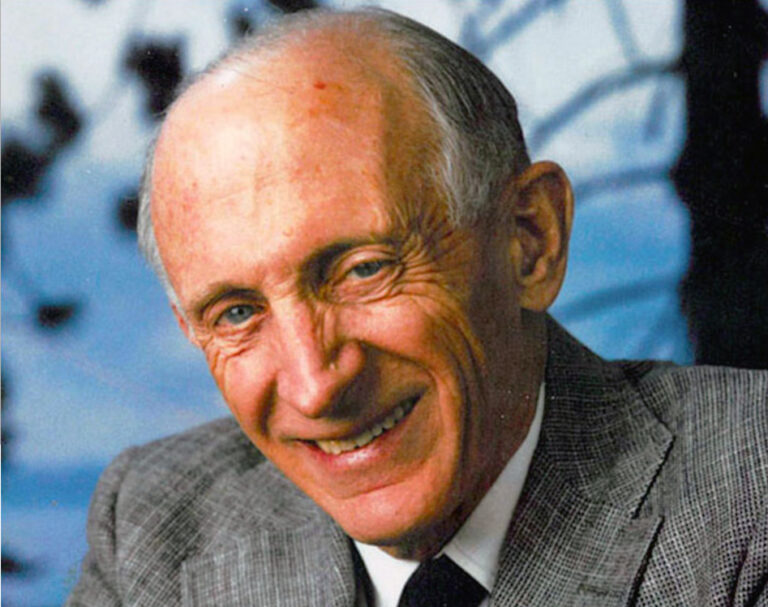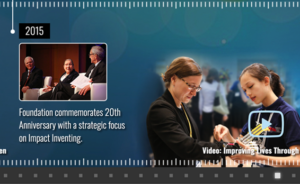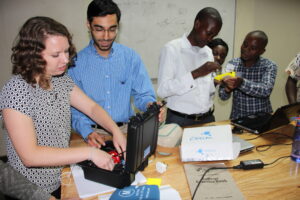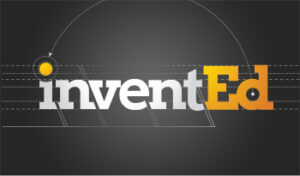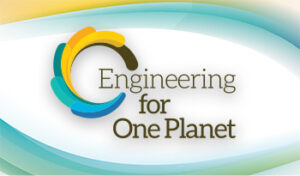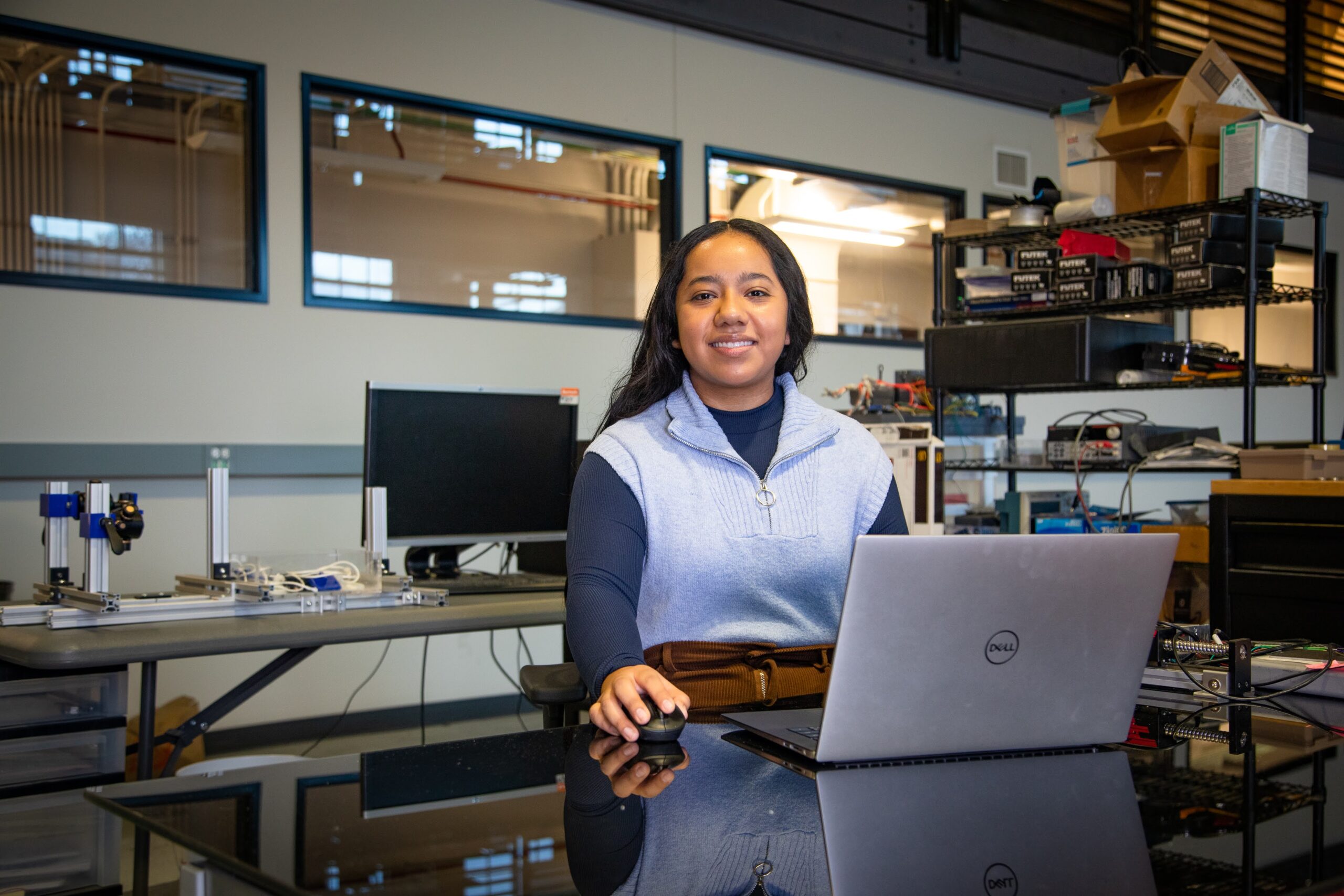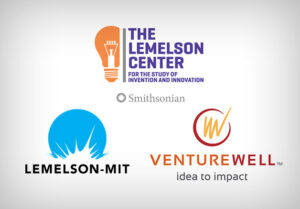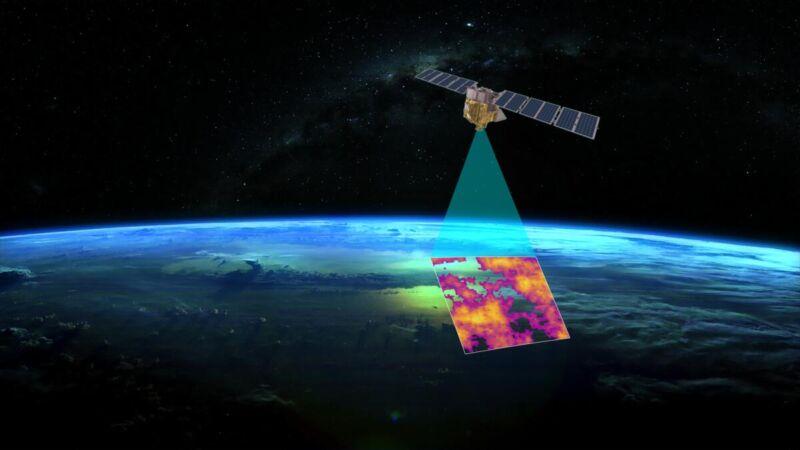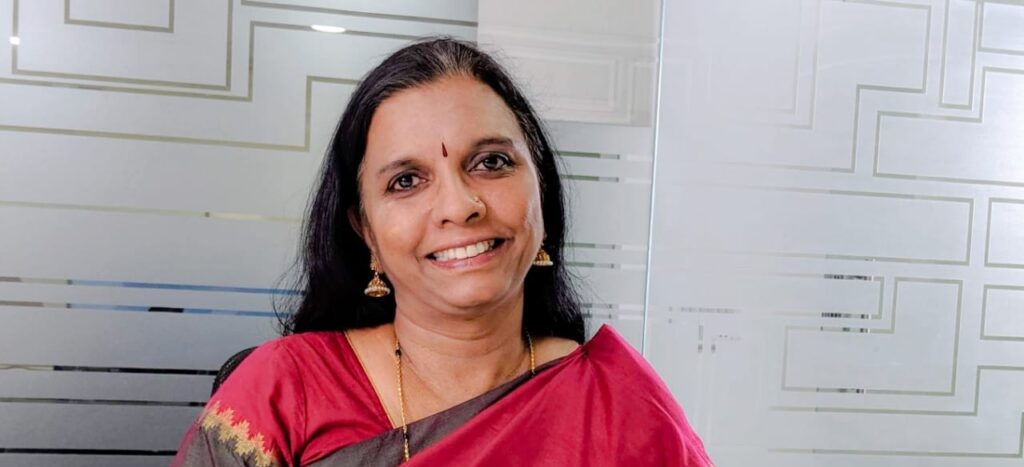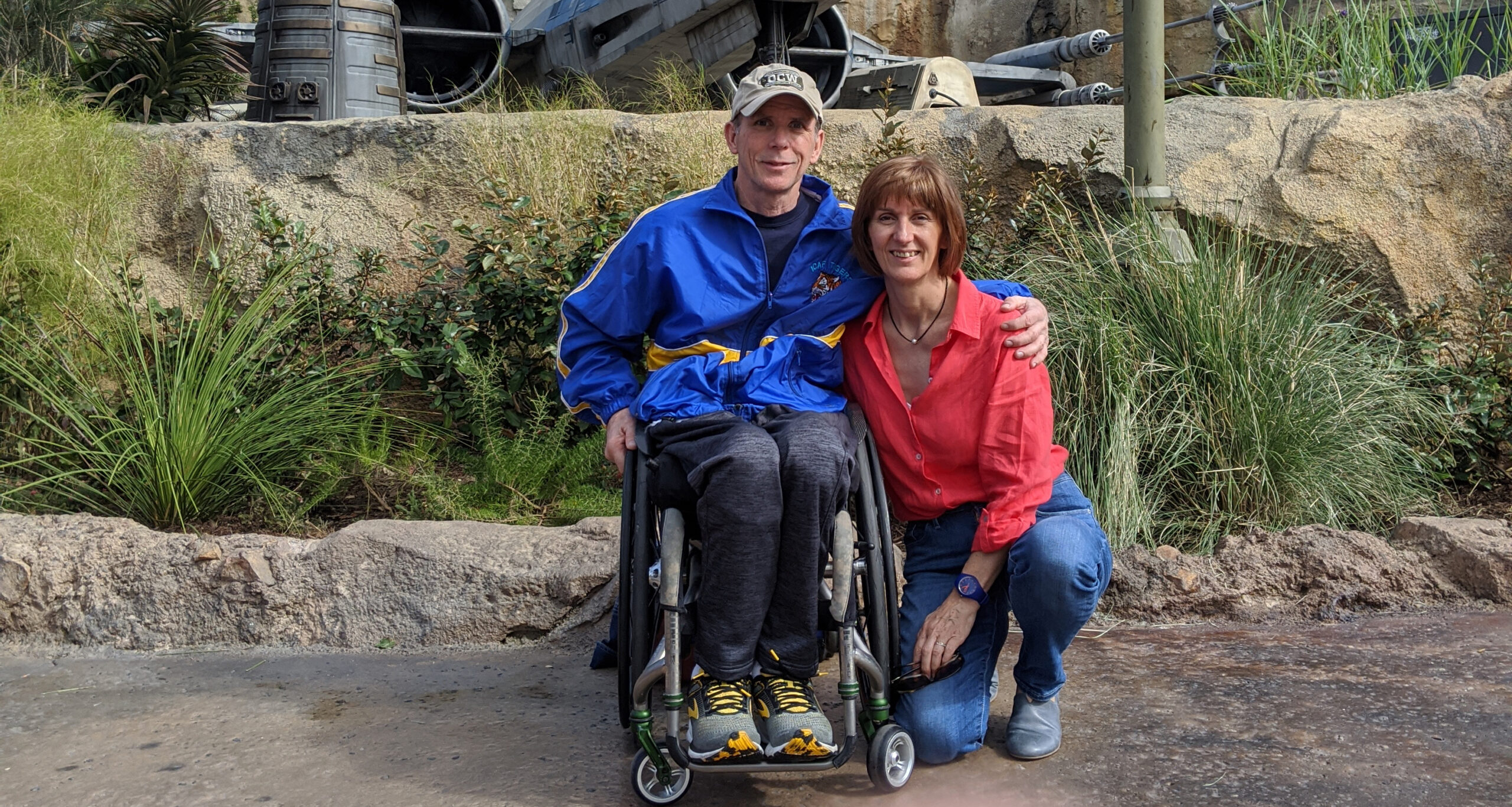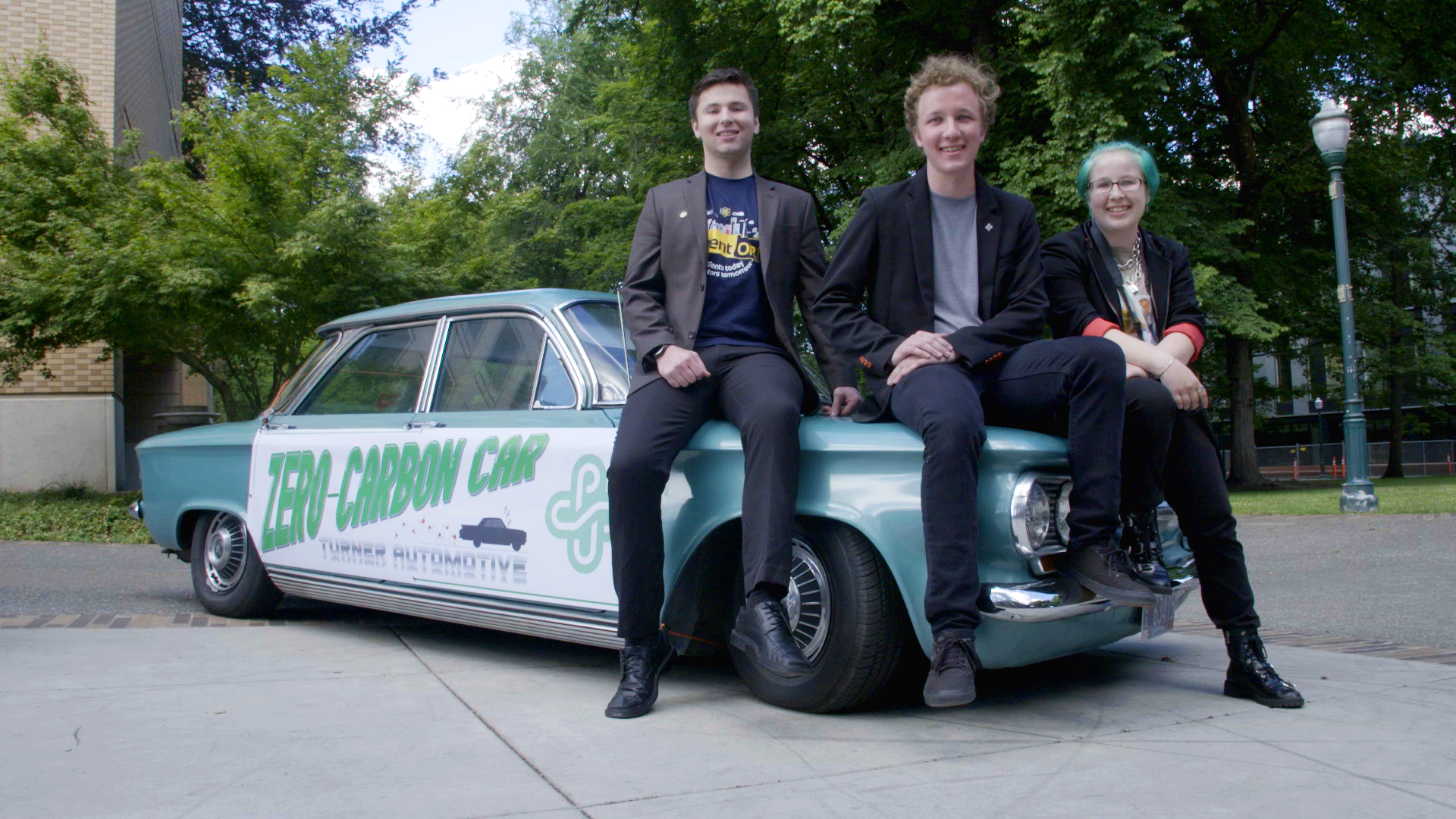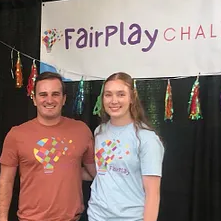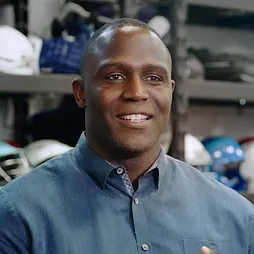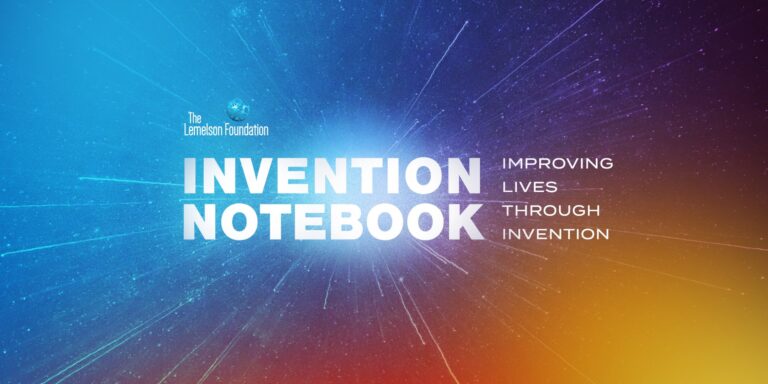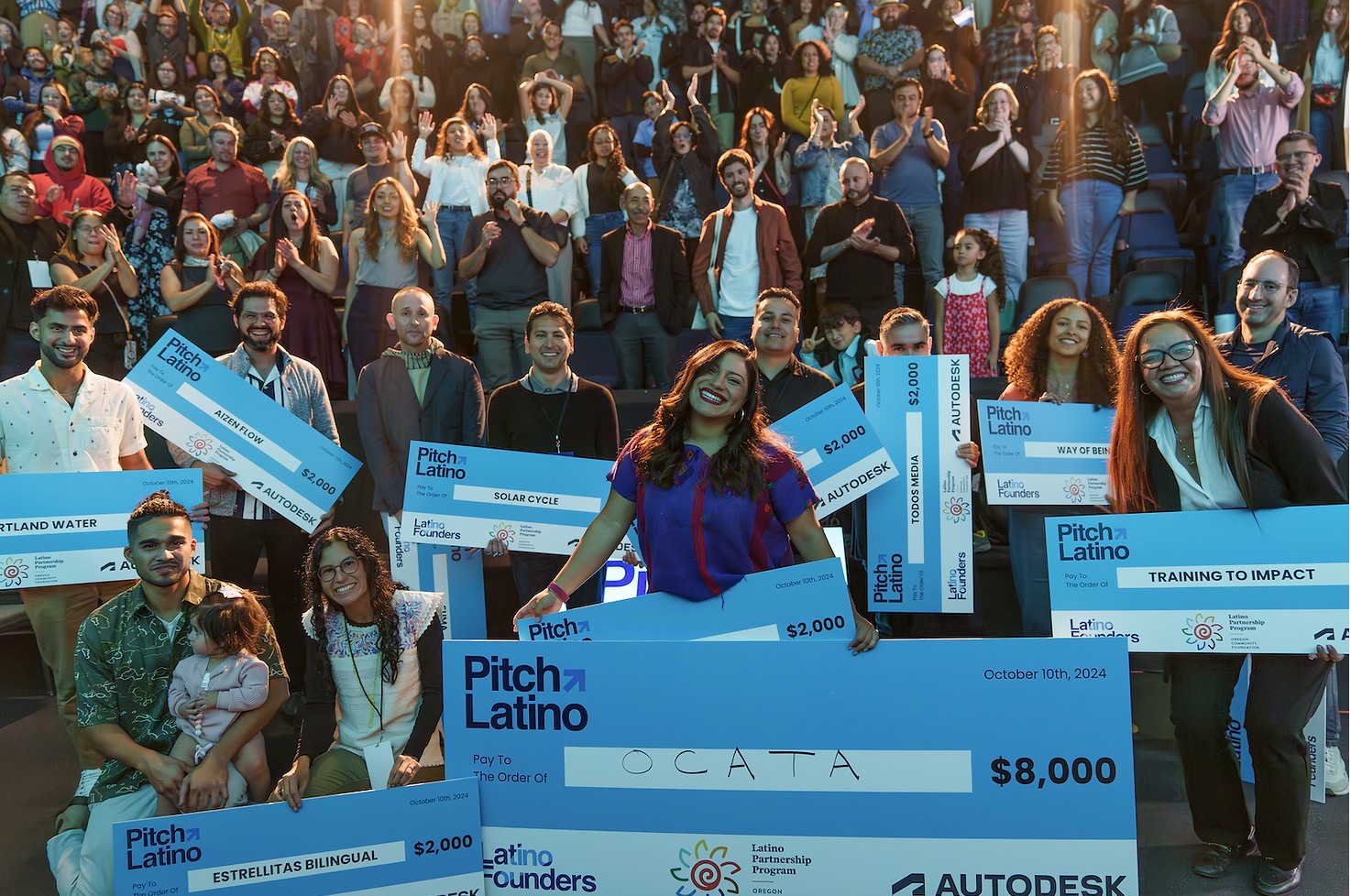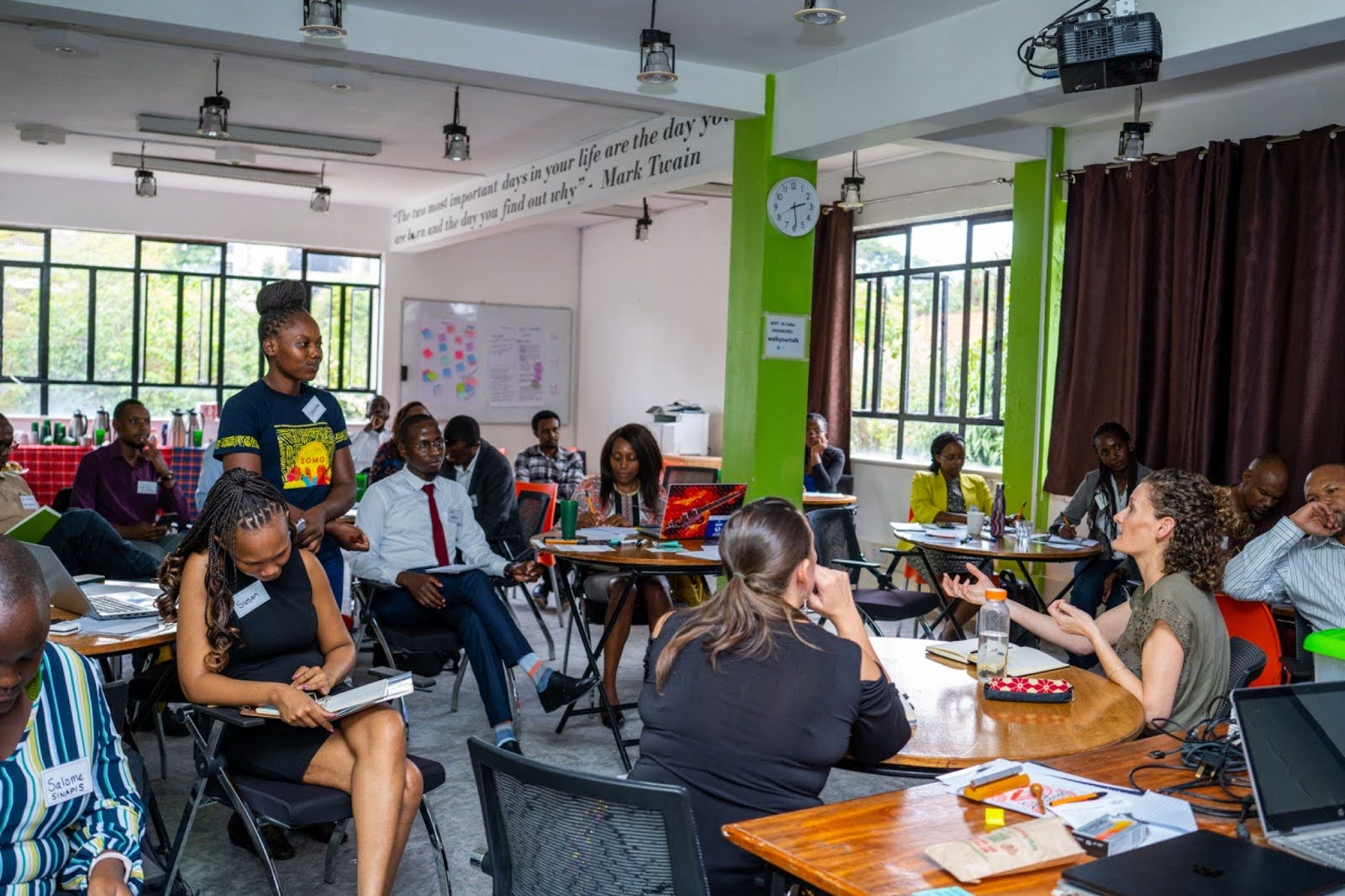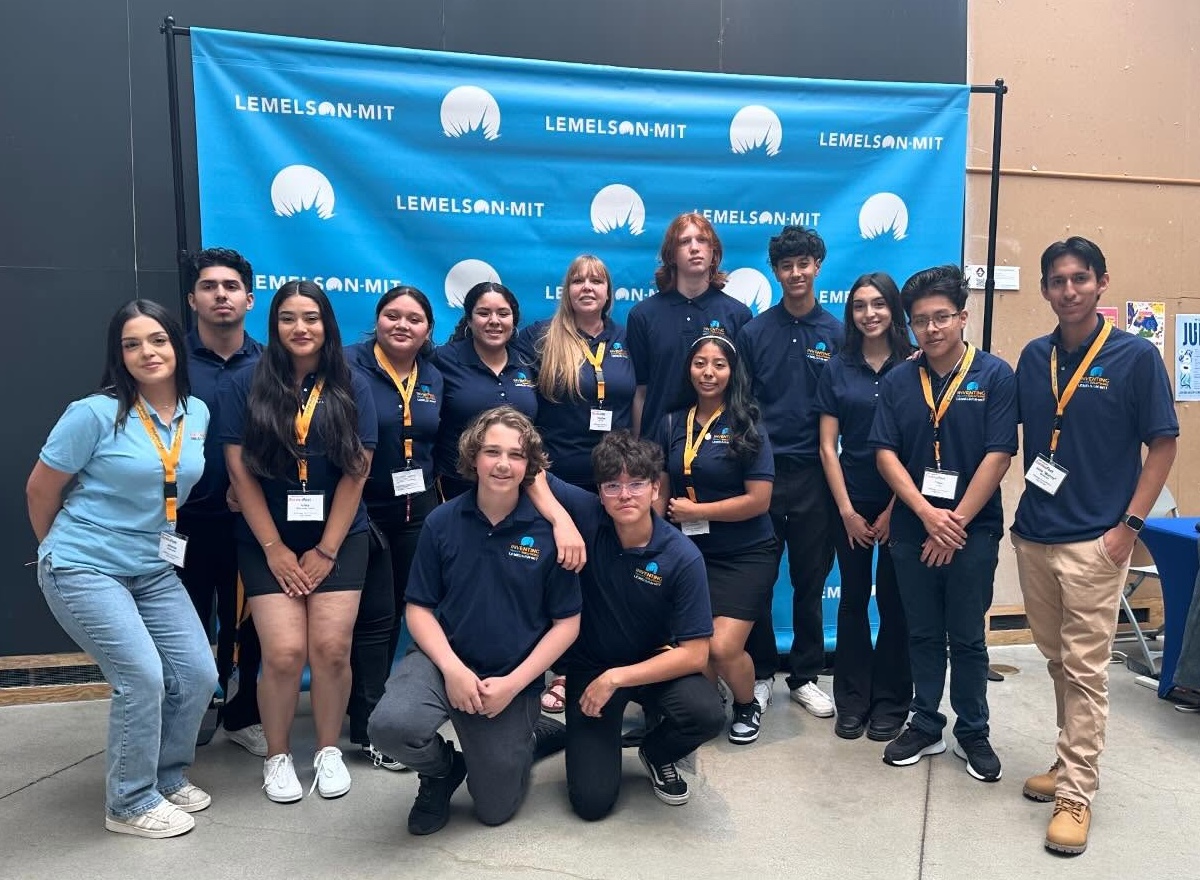Engineering for One Planet: A Paradigm Shift for Climate Action and a Sustainable Future
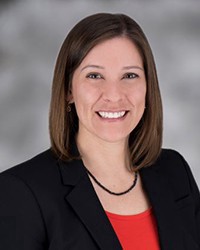
min read
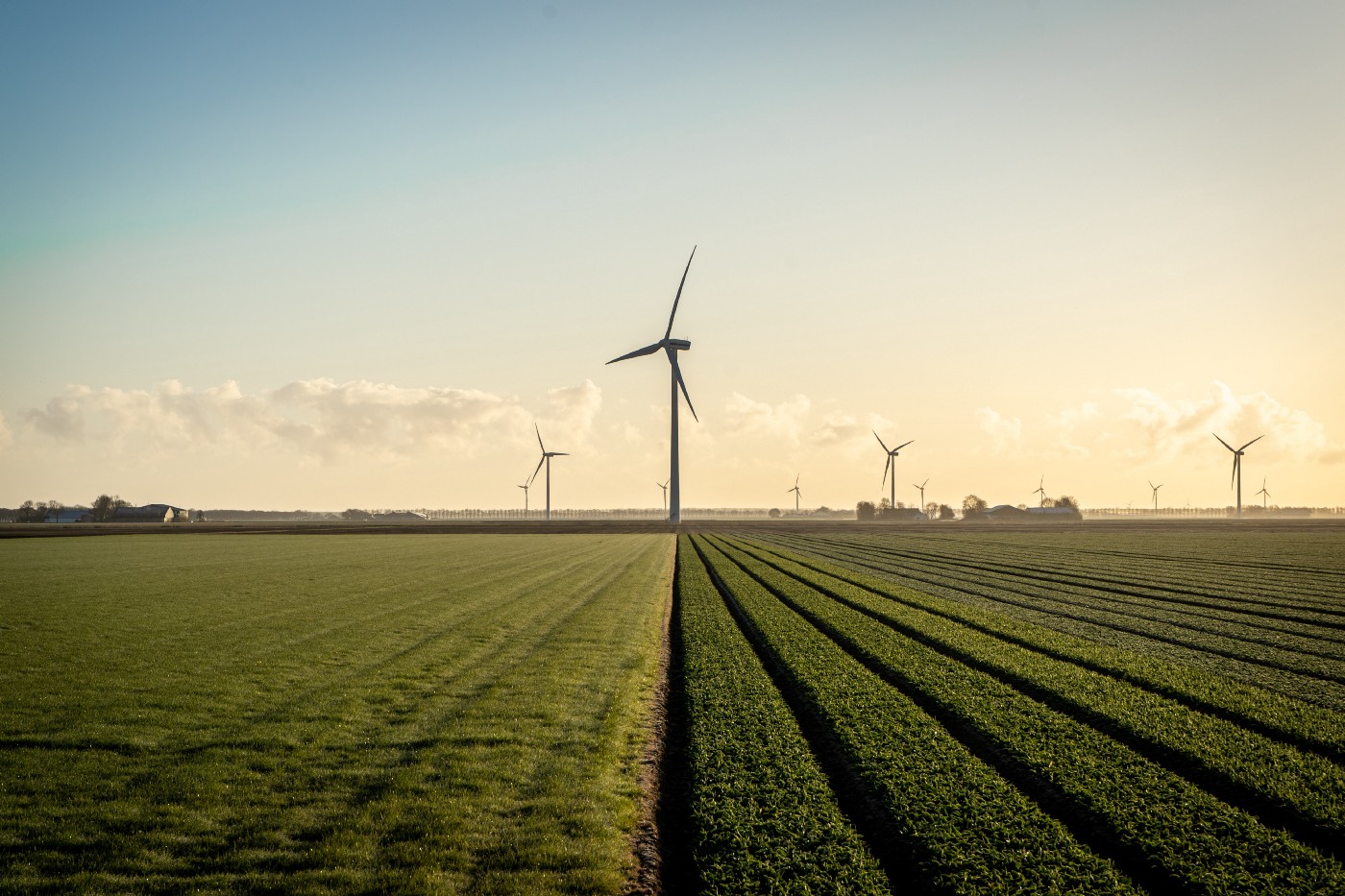
World Engineering Day prompts crucial questions: Can the very ingenuity that defines engineering — the force that builds our world’s cities and puts a world of knowledge in our hands — help pave the path towards a truly sustainable future? Can it become an instrument not just for technological progress, but also for the thriving of our planet and its inhabitants? Can engineering help humanity prosper as part of nature, not apart from nature? What role can engineering play in this paradigm shift?
While critical to supporting humanity, engineering marvels can also come at a cost: depleted resources, polluted ecosystems, and social inequalities. Many of these burdens are most deeply impacting historically marginalized and low-income communities and could be most acutely felt by future generations.
Sustaining the livability of our planet requires a holistic approach to engineering — one that transcends traditional disciplinary boundaries, embraces systems thinking, and recognizes that harming our environment harms ourselves. This is what we mean by engineering for one planet.
Engineering for one planet requires new ways of thinking and doing. Collaborative co-creation — bridging the gap between engineers and communities — is paramount to generating environmental and climate justice. Climate mitigation and adaptation technologies must be accessible and inclusive, evolving through partnerships with vulnerable communities and ensuring equitable distribution of benefits. Indigenous knowledge and local perspectives must be integrated into design processes for culturally relevant and socially just solutions.
Engineering for one planet requires minimizing negative impacts while maximizing the positive across all engineering activities and among organizational departments and functions. Corporations have made ambitious commitments to climate actions and sustainability and are instituting promising approaches to fulfill them.
For example:
- Companies are using circular economy principles to design products and systems that minimize waste, optimize resource and clean energy utilization, and prioritize repairability and extended product lifespans.
- Innovations and scalability are making some renewable energy more cost-effective than fossil fuels.
- Biomimicry offers designers and engineers inspiration through nature’s efficient and resilient solutions.
- Though energy- and water-intensive, AI and data-driven decision-making are also being used in decarbonization, reducing waste, and optimizing energy use.
But industry is not yet equipped to make all of these changes at scale, in no small part because of a growing green skills gap across functions, as reported by LinkedIn and the World Economic Forum, among others.

Here is where the Engineering for One Planet (EOP) initiative seeks to accelerate progress. The EOP initiative aims to cultivate engineers equipped with the knowledge, skills, and commitment to engineer a better world.
EOP’s approach hinges on the transformative power of collaboration to integrate high-demand green skills across engineering education. This approach recognizes that addressing complex sustainability challenges requires people with diverse lived experiences and multi-disciplinary perspectives to work together. Collaboratively, engineers, scientists, social scientists, community members, and industry leaders can generate innovative solutions that are not just technologically excellent, but are also socially just, culturally relevant, and aligned with community needs.

The EOP movement is uniting diverse stakeholders under a shared vision. It is fostering connections across sectors, and elevating diverse voices to inform our collective pursuit of a healthier planet. As our partner VentureWell’s recent report, Engineering for One Planet: A Strategic Roadmap, underscores, each of us has a role to play. We must listen to each other with a willingness to understand and work together.
EOP seeks a rethinking of engineering education and professional practice and provides resources to facilitate and accelerate these changes. Continuous learning and knowledge-sharing networks are needed to enable educators and engineers to stay abreast of evolving technologies and address emerging challenges.
EOP supports integrating a broad range of social and environmental sustainability learning outcomes into curricula. This includes systems thinking, environmental literacy, socially responsible business, ethical considerations, teamwork, and critical thinking.
EOP seeks to simplify curricular change without adding to curricular bloat. Through EOP, engineering faculty have already modified hundreds of courses reaching more than 15,000 students, demonstrating that these topics can be integrated into existing core and required courses. EOP is helping foster curricular transformation by:
- Providing open-source teaching tools co-created with input from industry and academic experts, including the EOP Framework with 93 learning outcomes mapped to ABET accreditation requirements.
- Funding curricular change, including: National Science Foundation-Lemelson Foundation Initiative on Environmental and Social Sustainability in Engineering Education; EOP institutionalization grants to 10 higher education partners; the American Society for Engineering Education’s EOP Mini-Grant Program; and Villanova University’s development of EOP faculty training.
- Seeking student feedback and elevating student voices.
- Supporting learning and collaboration across academic, social, public, and corporate sectors through the EOP Network.
The path to a sustainable future can be challenging and uncertain, but it clearly requires change. Bolstered by collaboration and vetted tools, EOP offers a roadmap to change with concrete steps for each of us. Equipped with green skills and a commitment to sustainable development, engineers can unlock technological advancements that brighten the path for all of us.
World Engineering Day presents an opportunity to commit to integrating sustainability into engineering education. Together, we can envision and create a new paradigm of engineering that protects and improves our planet and our lives today and for lifetimes to come.

Important Disclaimer: The content on this page may include links to publicly available information from third-party organizations. In most cases, linked websites are not owned or controlled in any way by the Foundation, and the Foundation therefore has no involvement with the content on such sites. These sites may, however, contain additional information about the subject matter of this article. By clicking on any of the links contained herein, you agree to be directed to an external website, and you acknowledge and agree that the Foundation shall not be held responsible or accountable for any information contained on such site. Please note that the Foundation does not monitor any of the websites linked herein and does not review, endorse, or approve any information posted on any such sites.

